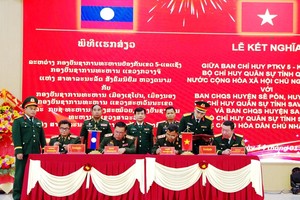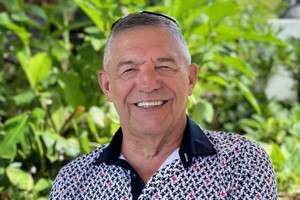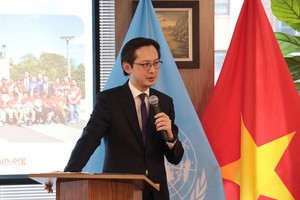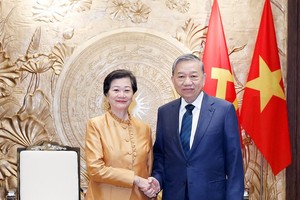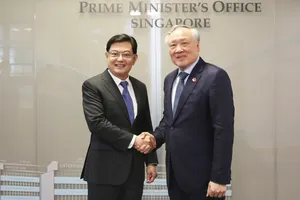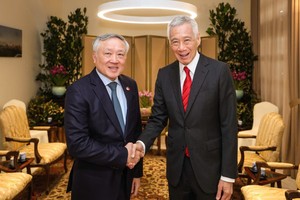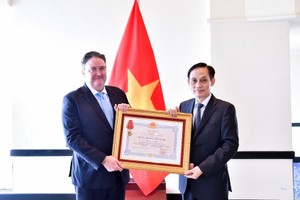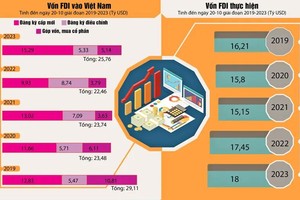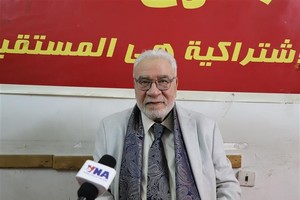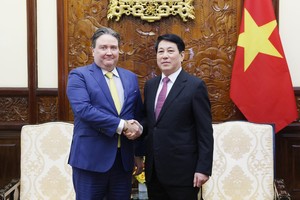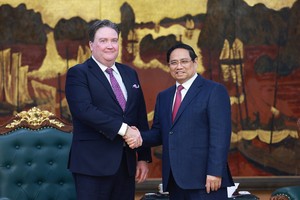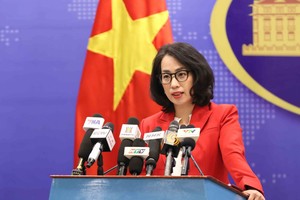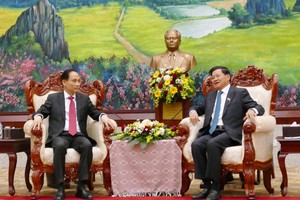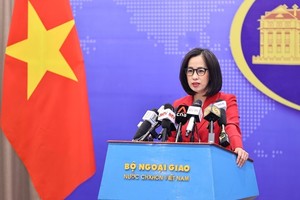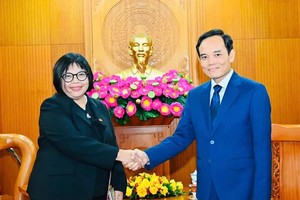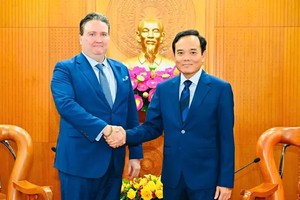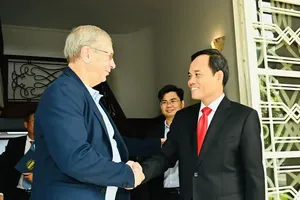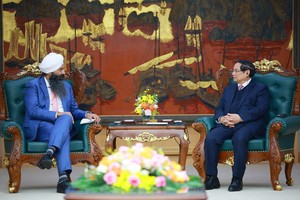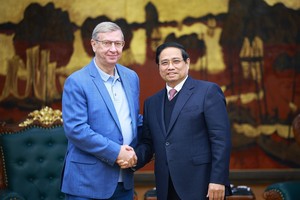BANGKOK, July 4, 2011 (AFP) - Thailand's hopes of emerging from years of political turmoil hinge on how a victorious opposition wields its new-found power, including a possible amnesty for its fugitive leader, experts say.
After overseeing a landslide victory by his Puea Thai party from self-imposed exile, Thailand's controversial ex-leader Thaksin Shinawatra is widely expected to pull the strings in the new government.
It marks a dazzling comeback for the Thaksin camp five years after the nemesis of the Thai establishment was ousted by the army, with his sister Yingluck now set to become the nation's first female prime minister.
Yet hasty attempts to bring him back as a free man would likely rattle his powerful enemies and threaten his sister's tenure, as well as the stability of the kingdom, which is deeply split between his supporters and enemies.
"Thaksin's return to Thailand will certainly galvanise opposition," said Andrew Walker, a Thai politics specialist at the Australian National University.
"She would be wise to move very slowly on this. There will have to be a lot of behind the scenes negotiation with key figures in the military and the palace before she can act."
Since his 2006 overthrow, other Thaksin allies have been toppled from power through a mixture of street protests and court decisions, so appeasing the Bangkok-based elite will be key to the Yingluck administration's longevity.
Both pro- and anti-Thaksin camps have held crippling protests in recent years, culminating in mass rallies by his "Red Shirt" followers last April and May, which ended with an army crackdown and more than 90 people dead.
Thaksin himself is based in Dubai to avoid a jail term for corruption and is also wanted on terrorism charges linked to last year's unrest, but he has voiced hopes of returning to see his daughter marry in Thailand in December.
Yingluck has cautiously raised the idea of a general amnesty for convicted politicians, which would pave the way for her big brother to come back, although he said on Monday that his return was "not a priority".
An amnesty would risk infuriating many in the Bangkok-based establishment in government, military and palace circles, and could prompt protests by the royalist "Yellow Shirt" movement -- the arch enemies of the Red Shirts.
A swift return for Thaksin "would be provocative to his opponents and adversaries and they may well take to the streets again," said Thitinan Pongsudhirak, a political scientist at Bangkok’s Chulalongkorn University.
Thaksin has vowed not to seek "revenge" against his foes, and the outgoing defence minister said Monday that the army, which has a long track record of overthrowing governments, would accept the opposition win.
A key issue for the military is whether the new government tries to hold the generals to account for what critics say was an unnecessarily bloody crackdown on mainly-unarmed Red Shirt protesters last year.
"The Thaksin issue is a smoke-screen to hide their real concern -- whether they would be investigated and possibly punished," said Thongchai Winichakul, a Thai professor at the University of Wisconsin-Madison.
While Thaksin insists he does not want to "cause trouble", many believe the former telecoms tycoon, loved by many rural and working-class Thais for his populist platform, will struggle to keep a low profile.
"He probably will now return to Thailand to further galvanise his supporters. The only question is when," said Paul Chambers, a senior research fellow at Payap University in northern Chiang Mai city.
As his party celebrates a majority win, "Thaksin most assuredly views the event as a reflection of his own popularity," Chambers added.
With the campaign slogan, "Thaksin thinks, Puea Thai does" and a relative he described as his "clone" now set to lead, the opposition party made clear that Thaksin was a driving force.
With his loyalists pressing for a speedy return, it will be crucial for Yingluck and her team to placate not only the wary elite, who see Thaksin as corrupt and dictatorial, but various elements within the pro-Thaksin camp.
"The trick is making sure that they can withstand pressure from those among the Reds who say: we've now won it all, let's just grab everything," said Michael Montesano, at Singapore's Institute of Southeast Asian Studies.
